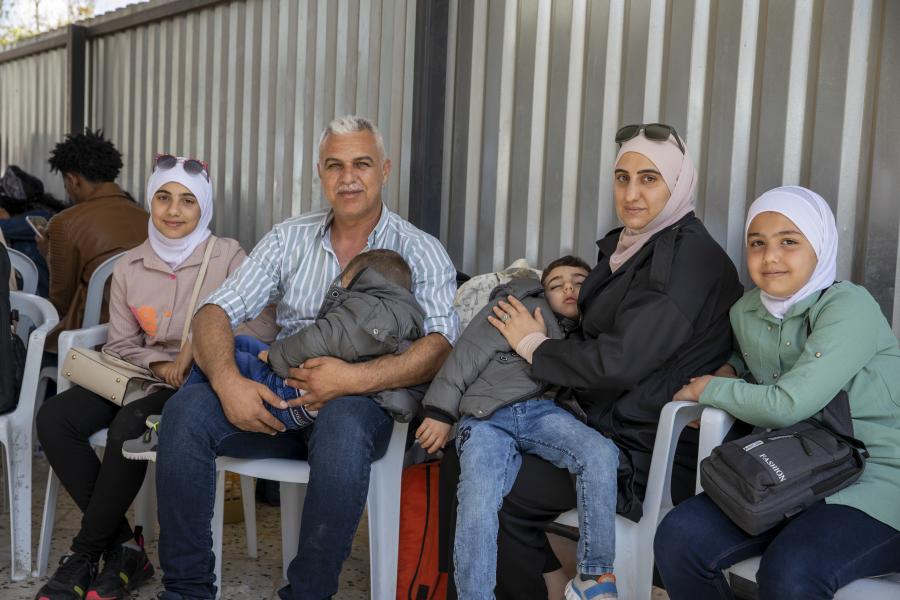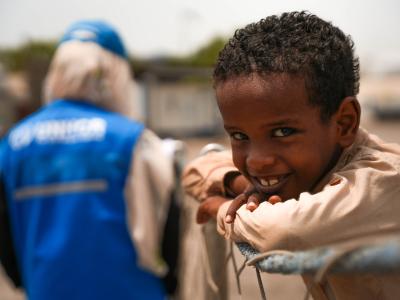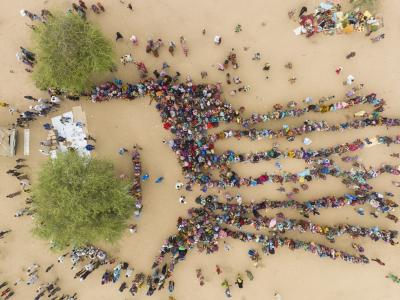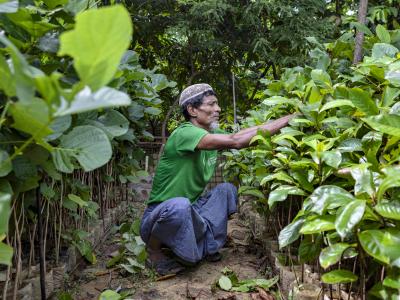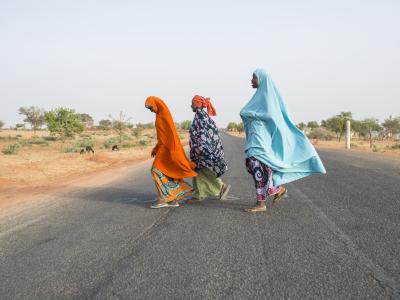Results in 2023
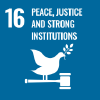
In 2023, forcibly displaced and stateless people continued to face obstacles in accessing safety and justice, often deriving from their status, or lack thereof, and from the ensuing discrimination and marginalization. Risks, including fear of being arrested, hindered access to essential services, negatively impacted their protection, and affected their ability to benefit from due process and justice.
In many countries, pressure to control borders resulted in restrictive policies and negative public perceptions, making it harder to obtain international protection and exposing asylum-seekers and refugees to a higher risk of immigration detention. Many countries continued to detain a considerable number of refugees, asylum-seekers and stateless persons in immigration detention whilst their cases are processed.
Publicly available data on the number of people detained in relation to their legal or immigration status is lacking for most countries and not specifically recorded in most national detention statistics. In 2023, UNHCR country operations reported that 24,059 asylum-seekers and 2,209 stateless persons were detained in relation to their status; this is an extremely low figure, which reflects only the limited number of cases known to UNHCR.
Conversely, some positive developments occurred in other contexts. For example, the number of stateless persons and refugees held in detention declined by 71% and approximately 15% respectively in Australia. In Mexico, successful litigation at the UN Working Group on Arbitrary Detention enabled asylum-seekers to achieve monetary reparations for their arbitrary detention.
To support States in improving safety and access to justice for forcibly displaced and stateless people, UNHCR mobilized partnerships with national and international actors, including development actors, legal and academic communities, civil society organizations, human rights institutions and local authorities. For instance, at the Global Refugee Forum 2023, over 100 stakeholders from the global legal community committed to provide 1,000,000 hours of pro bono legal advice, building on the successful 2019 pledge, which generated 586,000 pro bono hours, worth $400 million, over the subsequent three years. UNHCR continued efforts to gather more disaggregated data on access to justice for IDPs and refugees through its partnerships with the Hague Institute for Innovation of Law and released a study on justice needs in Iraq, which informed UNHCR’s planning and programming in the country.
In all regions, UNHCR continued advocacy for the detention of asylum-seekers and refugees to be a measure of last resort and for ending child immigration detention. Together with UNICEF and the International Detention Coalition, UNHCR leveraged support for a dedicated multi-stakeholder pledge at the Global Refugee Forum 2023. As co-lead of the Alternatives to Immigration Detention workstream of the UN Network on Migration, UNHCR also contributed to expanding the communities of practice on alternatives to immigration detention.
Across all regions, UNHCR and partners worked to increase awareness of legal rights, providing information, counselling, assistance, representation and alternative dispute resolution services, including through mobile clinics, to support forcibly displaced and stateless people in claiming rights and seeking remedies. For example, in Türkiye, UNHCR worked with 45 bar associations providing legal aid to 5,929 people, a 33% increase in the number of those assisted compared to 2022. In Jordan, UNHCR provided legal assistance to 59,628 refugees and asylum-seekers in refugee camps and urban areas, and in Colombia, UNHCR coordinated a network delivering legal advice to 35,553 forcibly displaced people, including refugees and IDPs. Among others, UNHCR legal interventions supported many individuals in vulnerable situations, including survivors of gender-based violence and trafficking.
Access to legal aid and representation is critical for refugees in detention. Of the 46 UNHCR country operations reporting on safety and access to justice, 67% engaged in detention monitoring to minimize risks of rights violations and encourage the authorities to improve detention conditions. In Lebanon, UNHCR and partners undertook 6,500 detention monitoring visits, facilitating access to legal aid and support to ensure more dignified standards of treatment for at least 3,616 detainees. In Pakistan, UNHCR’s legal assistance partners supported more than 77,000 Afghan refugees and asylum-seekers.
Training legal authorities and lawyers contributed to advancing protection and inclusion of forcibly displaced and stateless persons. 80% of UNHCR country operations reporting in this area trained asylum authorities, police, border guards, judiciary, and other legal practitioners on refugee protection.
Challenges to achieving outcomes
Conflict, insecurity, weak rule of law, lack of access to remote areas and resource constraints exacerbated the challenges for forcibly displaced and stateless persons to access justice. Restrictions in access to asylum-seekers in detention also made it harder to support individuals to exercise their rights and seek remedies for rights violations. For example, in 30% of the reporting country operations, UNHCR faced restrictions on access to places of detention.
Advocacy and partnership with national human rights institutions and other actors, as well as innovative approaches using digital tools and mobile teams, were leveraged to address these challenges.
Another remaining challenge is the dearth of disaggregated data on access to justice for refugees, IDPs and stateless persons, which is critical for advocacy, policy and programming, particularly with development actors.
Financial overview
Global expenditure and budget for Safety and access to justice
$143 million spent against a budget of $348 million
$206 million of unmet needs or 59% of the budget
